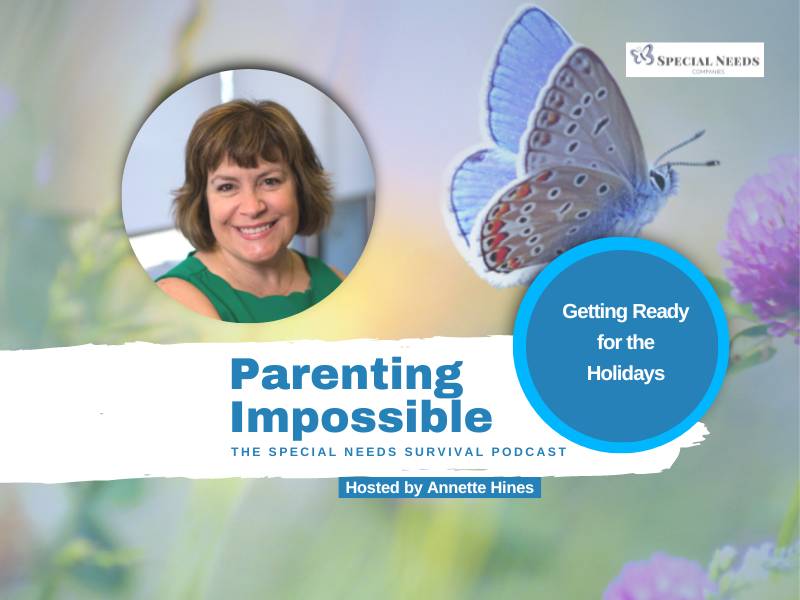Updates on the “Health and Hospital Corporation v. Talevski” Supreme Court Case and Institutional Bias
On November 8, 2022, the U.S. Supreme Court heard oral arguments in the “Health and Hospital Corporation of Marion County, Indiana v. Talevski” case. Gorgi Talevski’s daughter, Susie Talevski filed a civil lawsuit in 2019 against the Indiana state agency, Health and Hospital Corporation (HHC) that managed her father’s care until his death. She sued HHC for mismanaging care of her father. In the suit, Susie claimed that her father was overmedicated to keep him asleep, his dementia was mismanaged, and he was transferred involuntarily to faraway facilities to prevent the family from having oversight of his care. The federal courts allowed her case to move forward even though HHC tried to get the case dismissed. But then HHC brought her case to the Supreme Court.
A primary question in this case is at stake: Should people who depend on public benefit initiatives funded by state and federal agencies be able to sue states when their civil rights are violated? Hines explains that disability advocates are questioning whether the Supreme Court selected this case with the intention of creating new law and notes the consequences a ruling could have on the 83 million Medicaid recipients nationwide. Almost 25% of our population is receiving these benefits, and those in the disability community are concerned that a ruling in favor of HHC could prevent people with disabilities from legal recourse for violations of key civil rights statutes related to public programs. Hines states: “Civil rights lawsuits are the primary way that the public can hold state agencies accountable as actors.” In response to HHC bringing the case to the Supreme Court, huge demand and outcry from agencies like Bazelon Center, The Arc, the American Association of People with Disabilities, AARP, and others for HHC to withdraw the case. Even though oral arguments were heard, HHC could still withdraw the case, but their board has been silent in response to overwhelming requests from the public.
On the other hand, the disability community has made great strides in ensuring that people with disabilities can receive the same levels of care in the community as opposed to being forced to live in an institution. Hines notes the impact on eroding institutional bias for Medicaid recipients of the U.S. Supreme Court’s decision in Olmstead v. L.C. in 1999. In order to continue to support the civil rights of people with disabilities, it’s essential that we all become more involved and stay informed about what is happening in the conversations related to the disability community and institutional bias. You can do this by following the Arc of the United States, the local disability center in your area, and the Center for Public Representation.
Getting Ready for the Holidays
For Hines, this time of year near the holidays brings a mix of emotion, especially since her daughter Elizabeth died on November 18, 2013 and seeing family can increase the sense of loss and grief. You can learn more about her difficulties this time of year in previous episodes like: Episode 84: “How to Enjoy the Holidays, Not Just Survive” with Host Annette Hines and EP 20: Remembering Your Special Needs Child During The Holidays.
Tips for Emotionally Managing this Stressful and Perhaps Sorrowful Time
- Tell memorable stories. Hines loves sharing stories about Elizabeth who was funny, sweet, and a presence in their lives, stories that make everyone laugh and remember the good moments.
- Share photos and videos. Some family members or friends may not have known your loved one who may have passed away, or not know what it’s like to be in your family with your unique challenges. Sharing photos and videos helps keep a person’s memory alive or shares some of your family’s journey.
- Host celebration meals that include your person’s favorite food items. Hines’ family is Italian, and food is love to them. She still serves Elizabeth’s favorite foods during the holidays.
- Hang decorations that your child or person made for you or are special to your family. Bringing out the decorations your person has made is another way to honor them. Hines thanks every nurse, aid, and teacher who helped Elizabeth create cards and other gifts for important days.
- Do for others. Serving others is a good way to pause the focus on struggling and hurting. There are many ways to serve locally like visiting nursing residents and passing out cards, delivering presents or warm clothes at a local shelter, serving a meal at a food bank, singing holiday carols, and more.
- Care for yourself. Find a way to give yourself some space and grace for down time and to be sad–it’s okay to be sad. Be sure to seek counsel if needed. Get enough sleep, exercise, eat well. Grief can be tricky and sneak up on you. Practice the art of saying no. Check out the podcast: Self-Care with Daily Mindful Breaks for more ideas.
Please rate the podcast on Apple, Spotify, or wherever you listen! Share a comment about the comment on our site.

